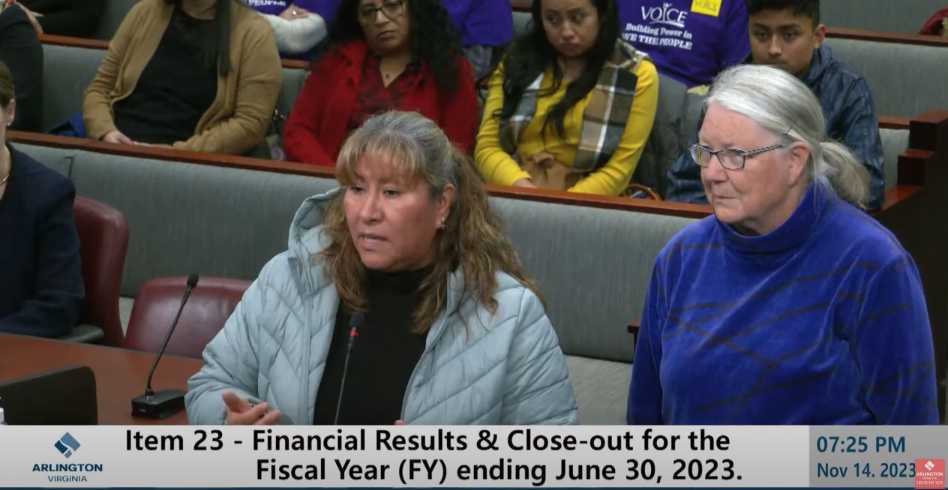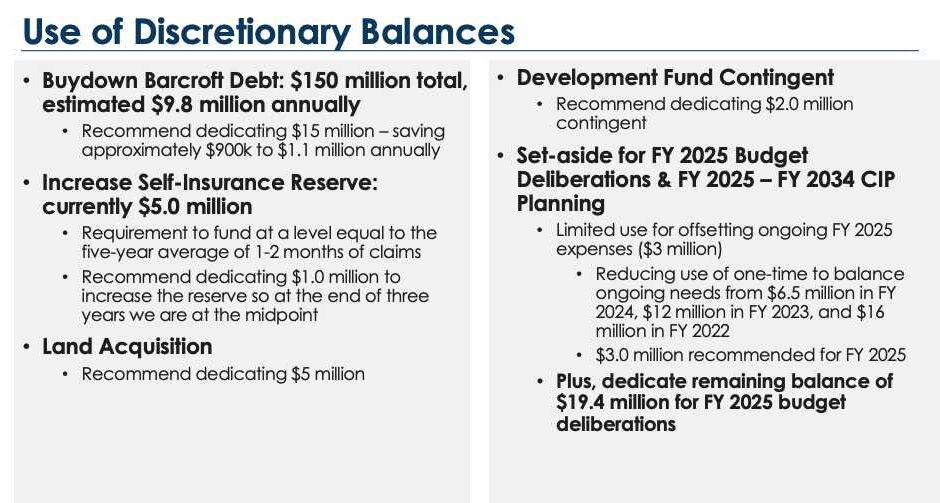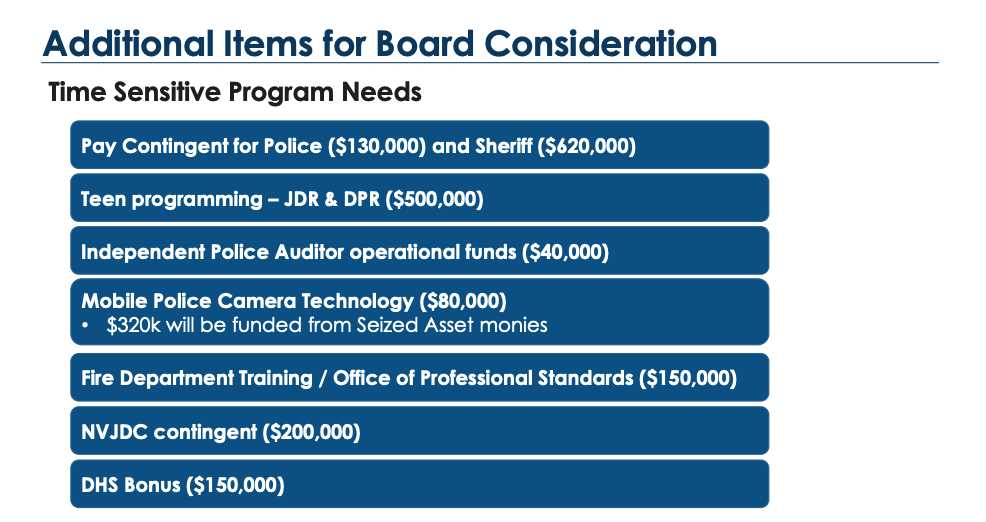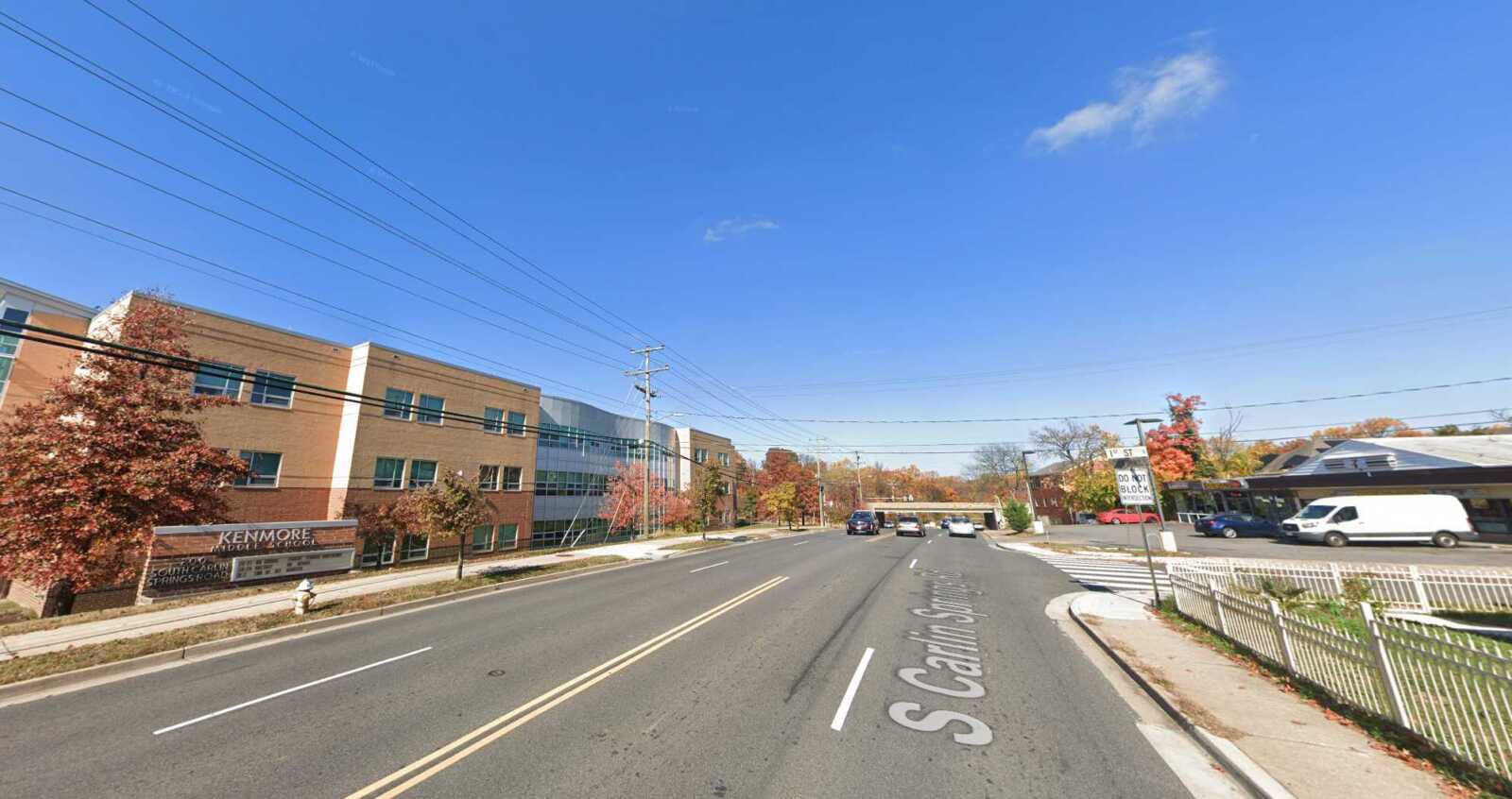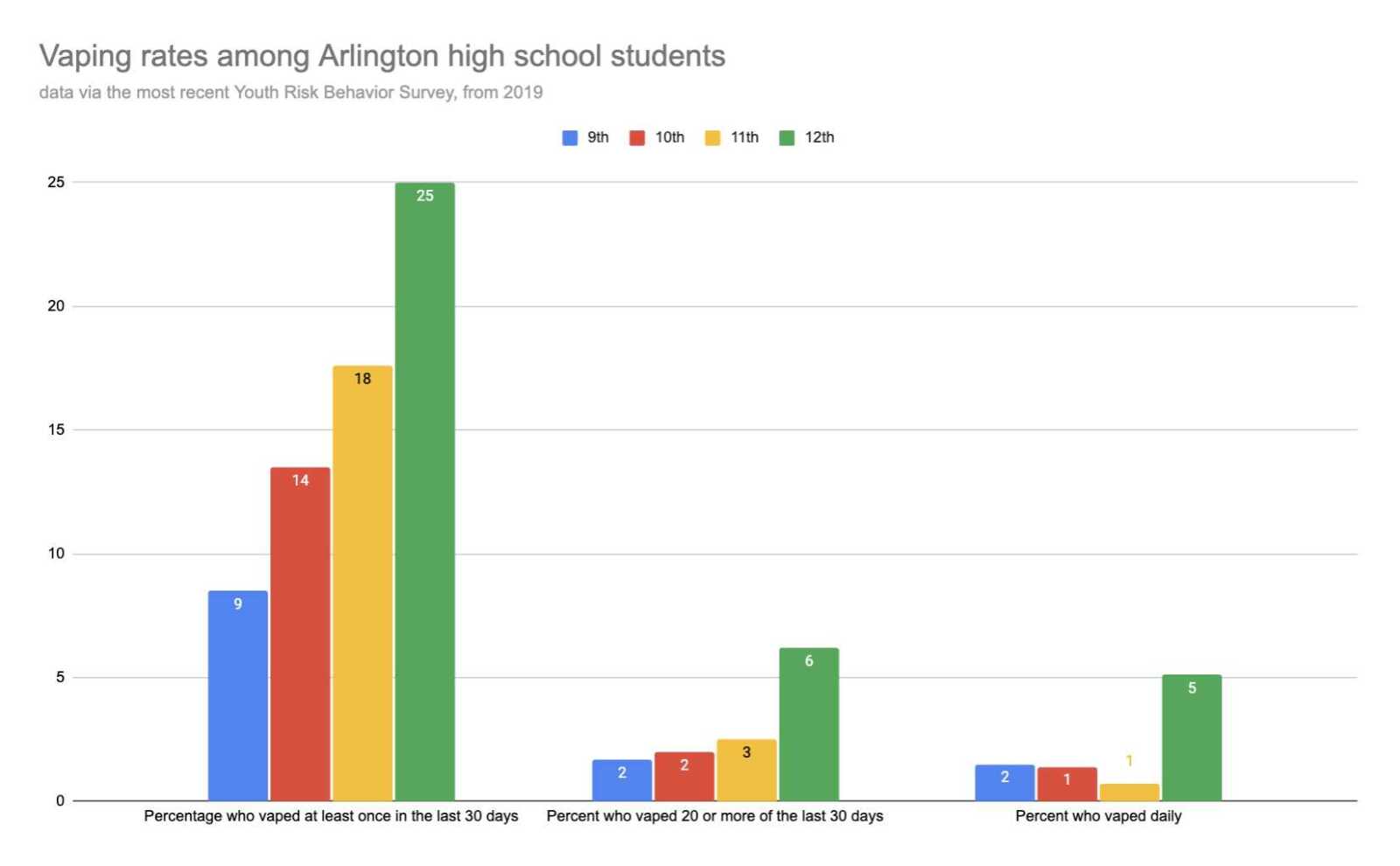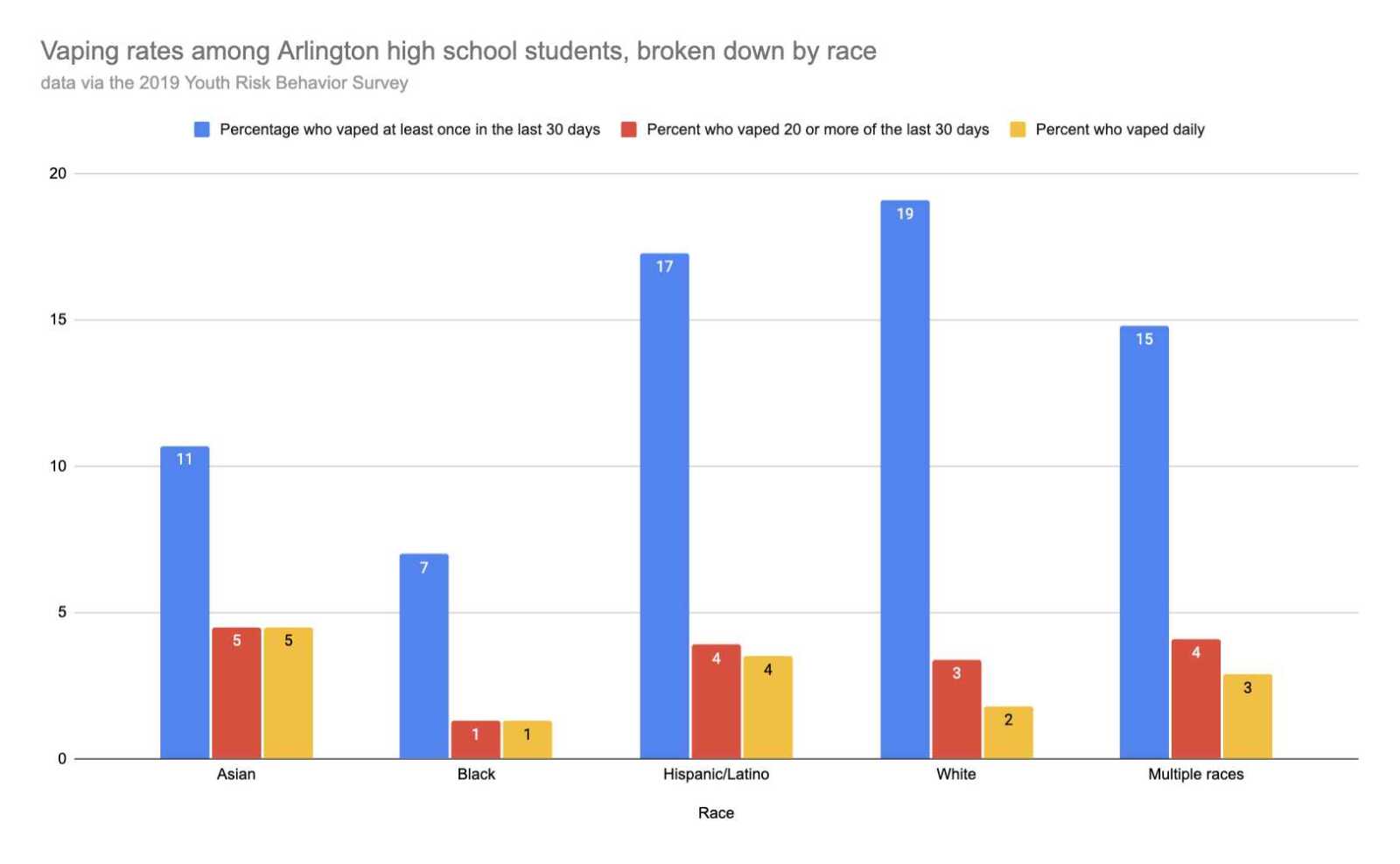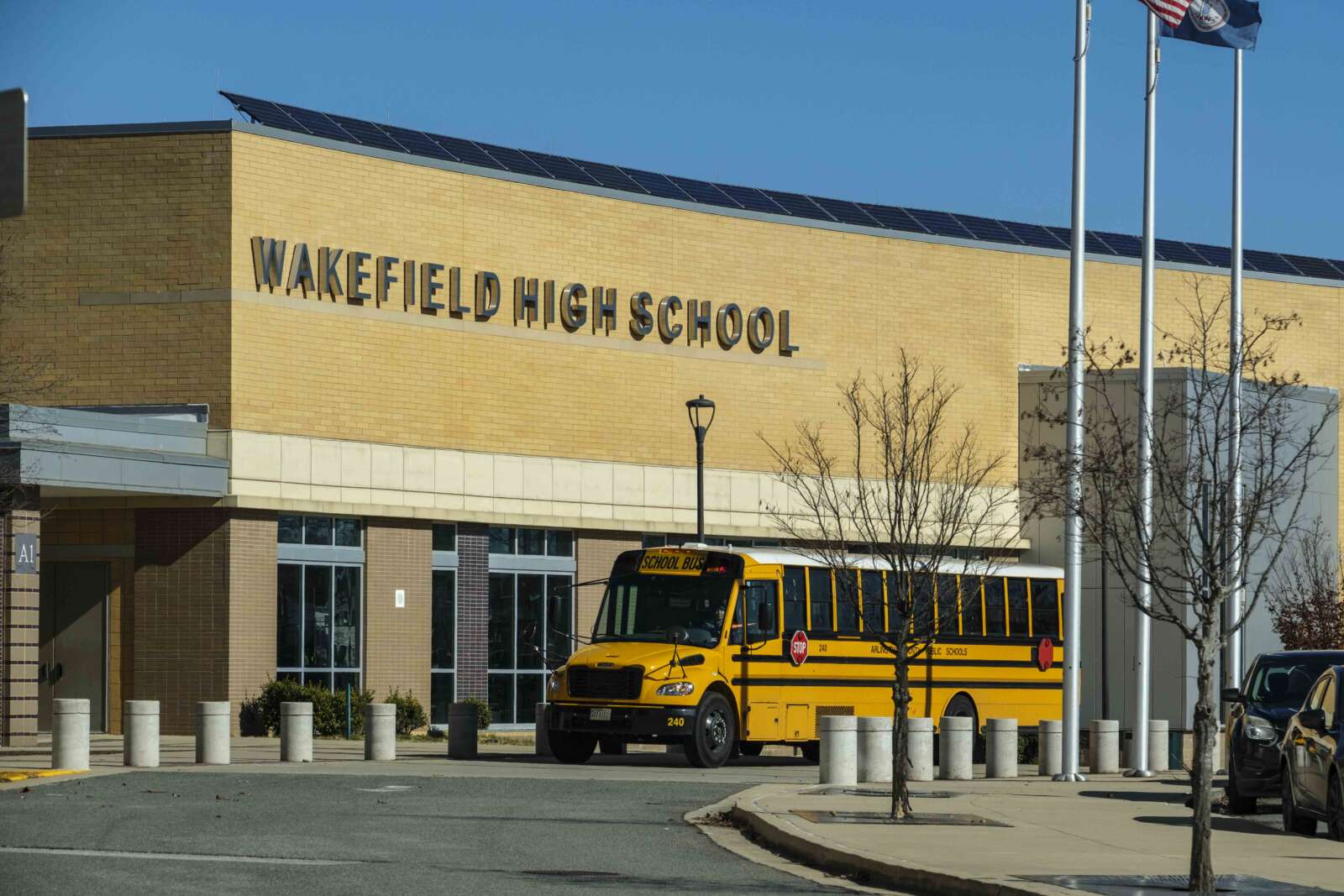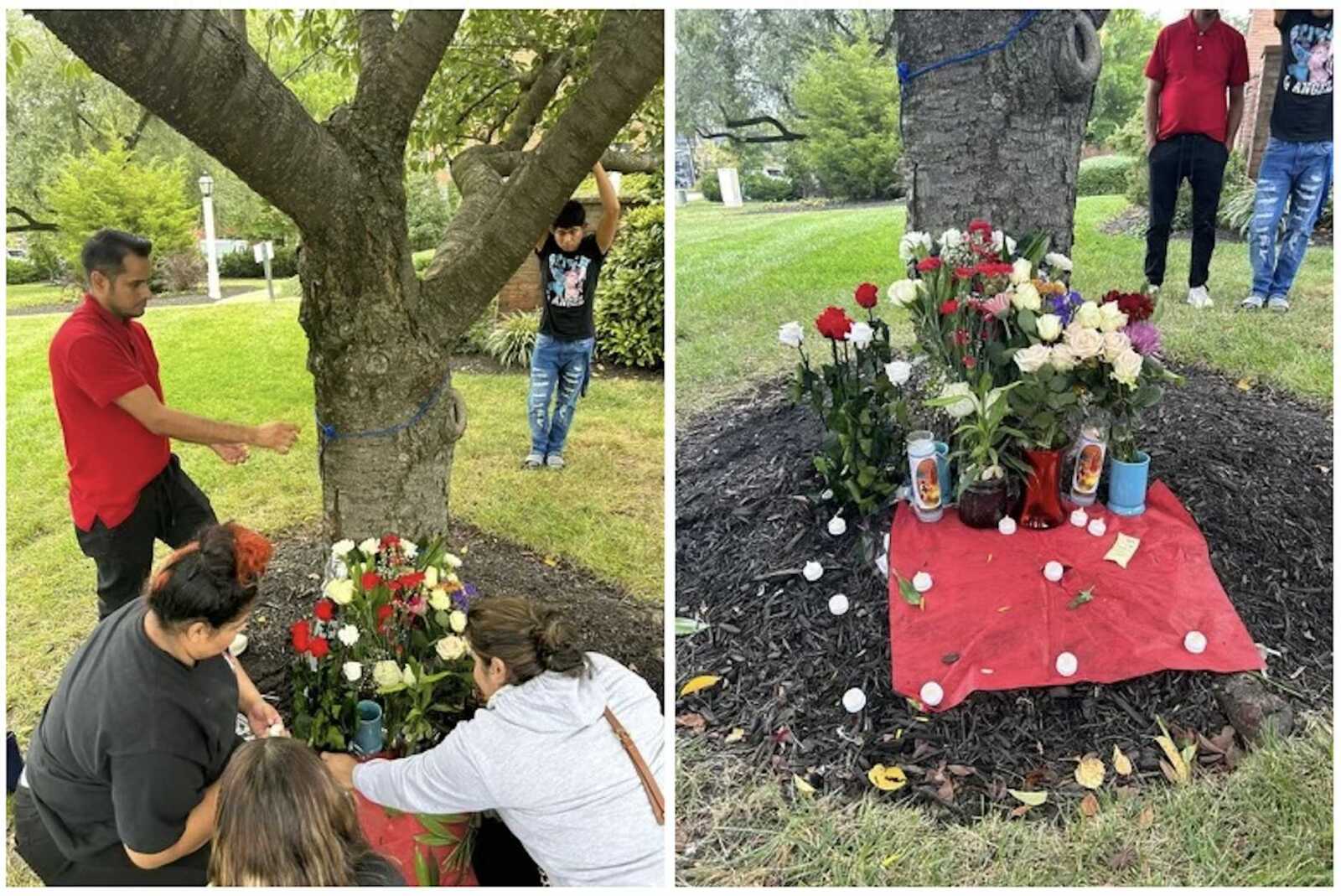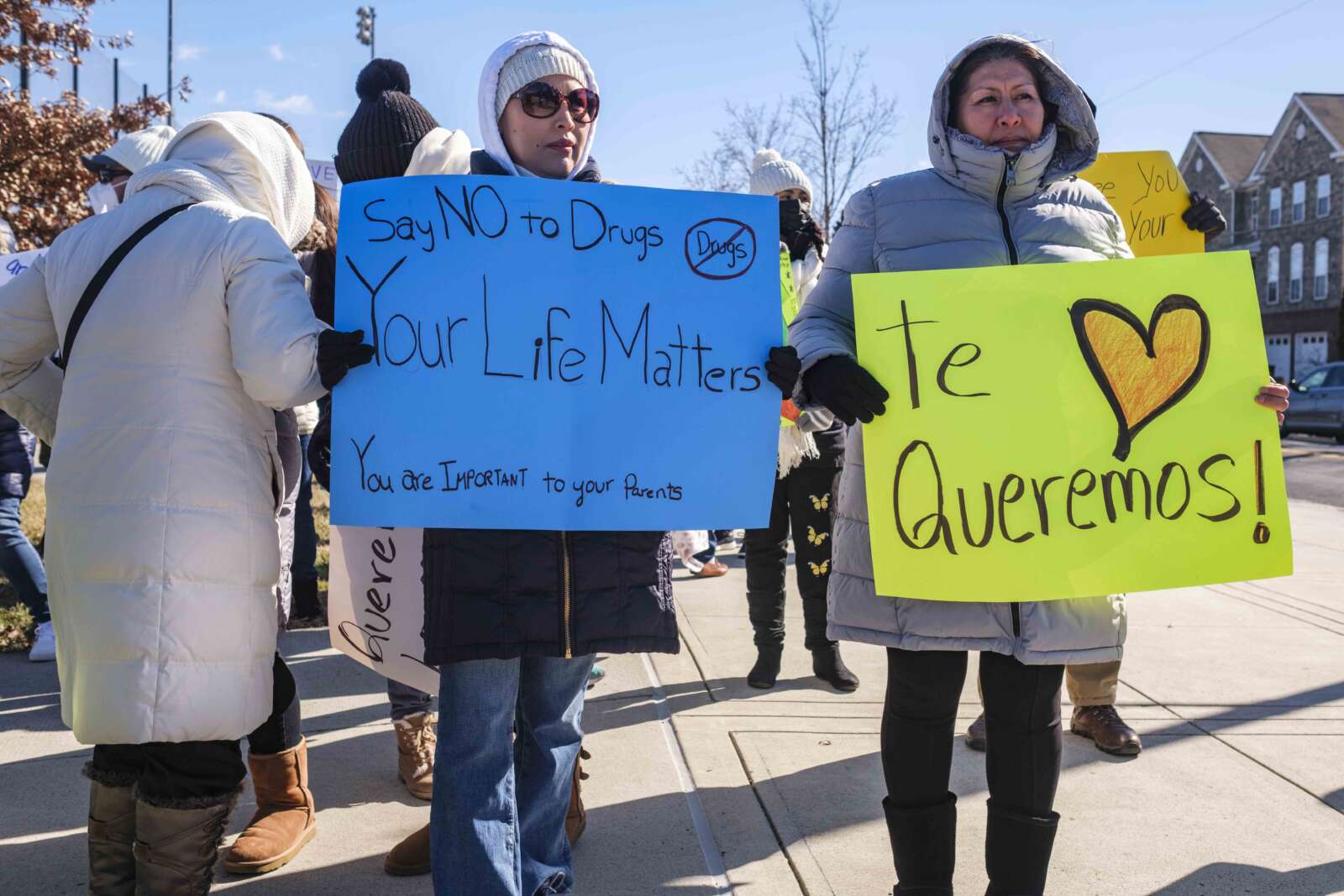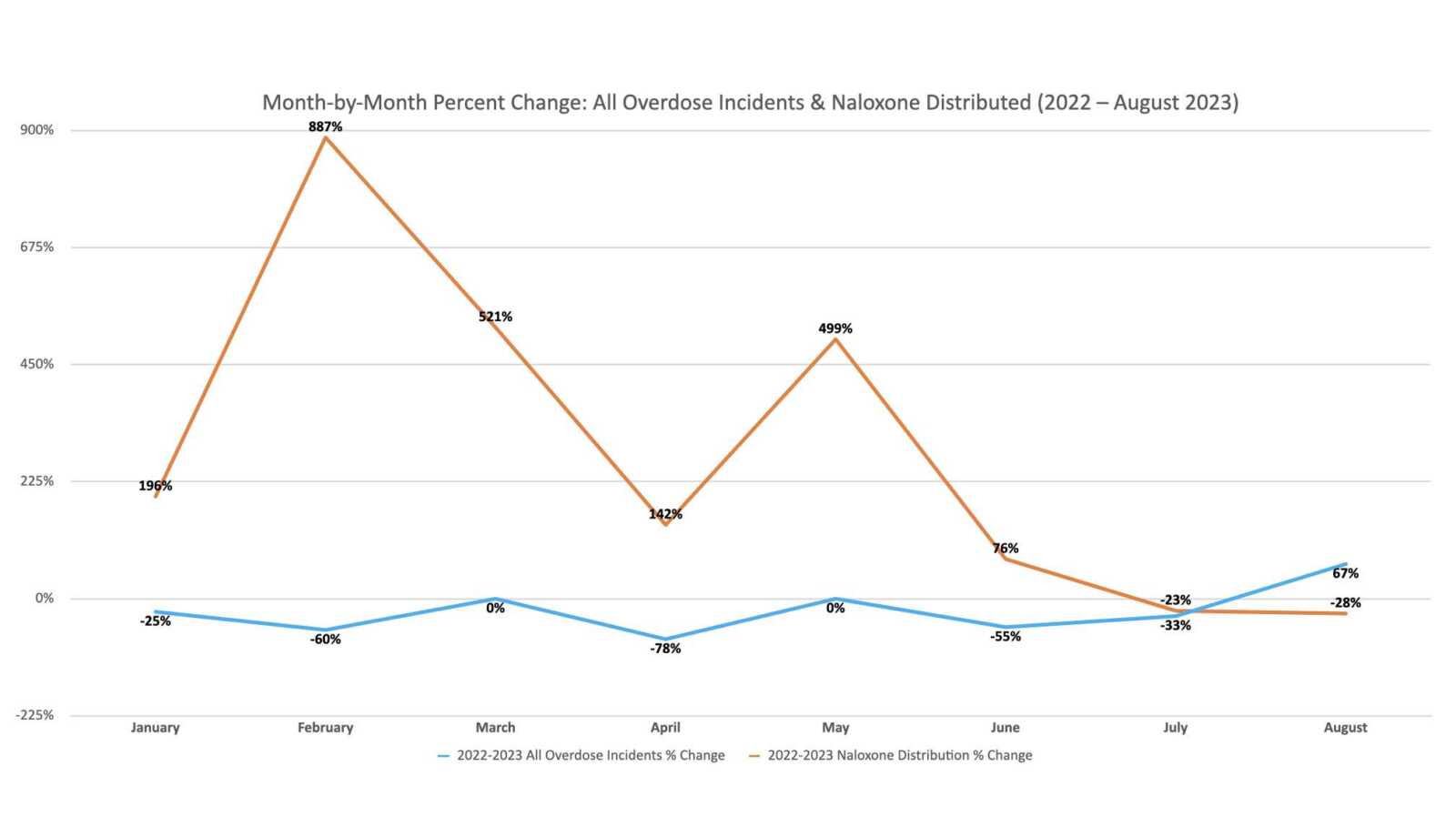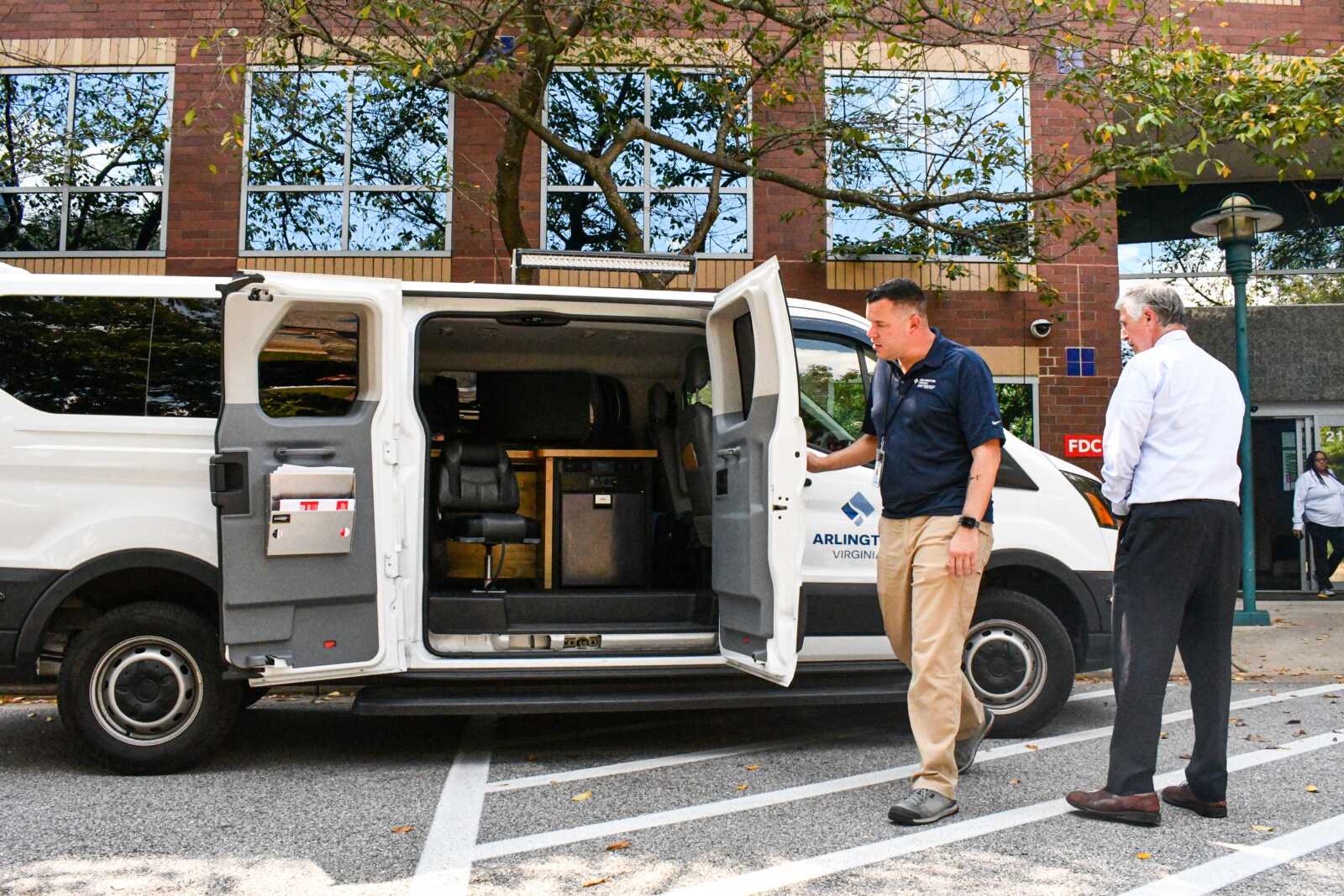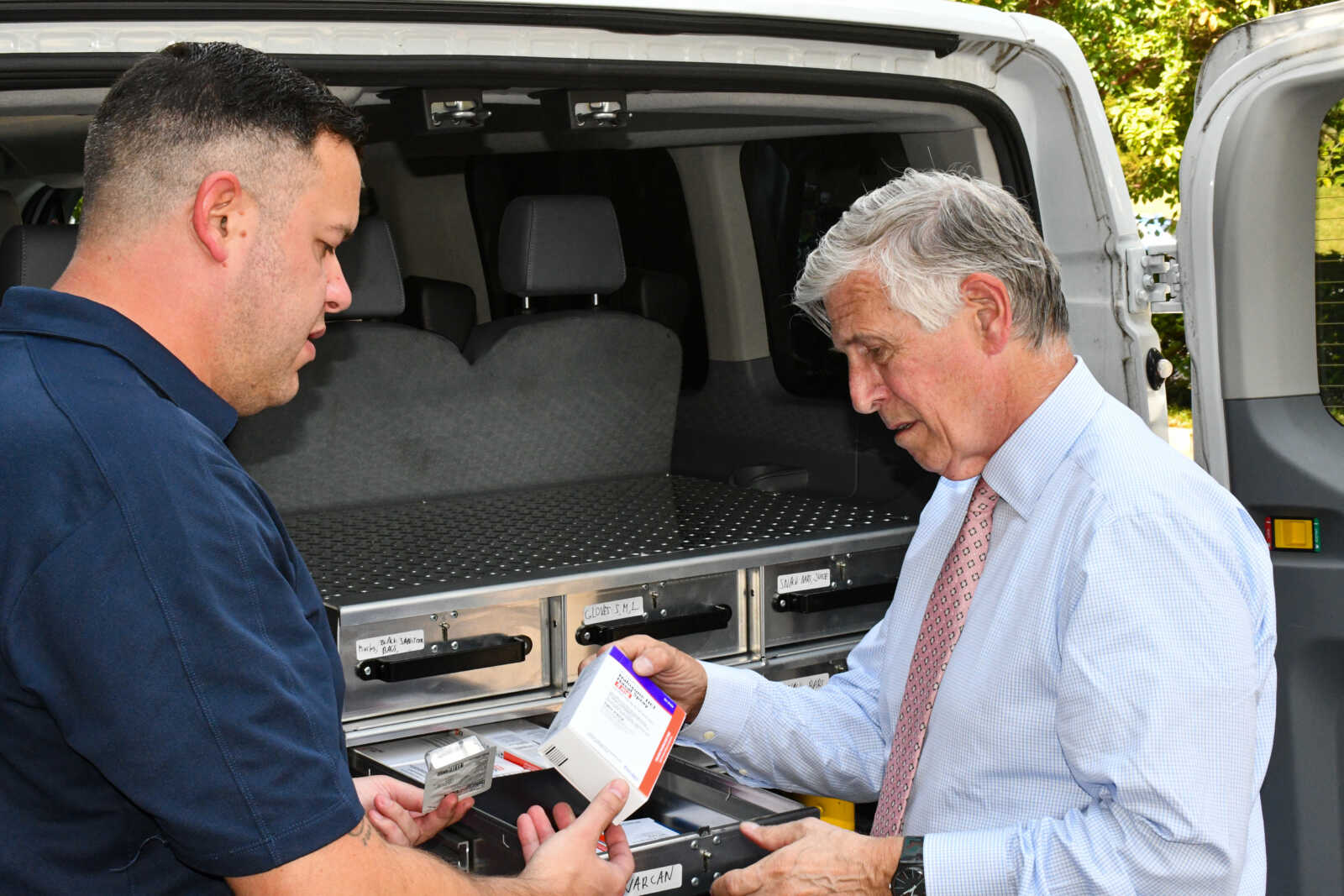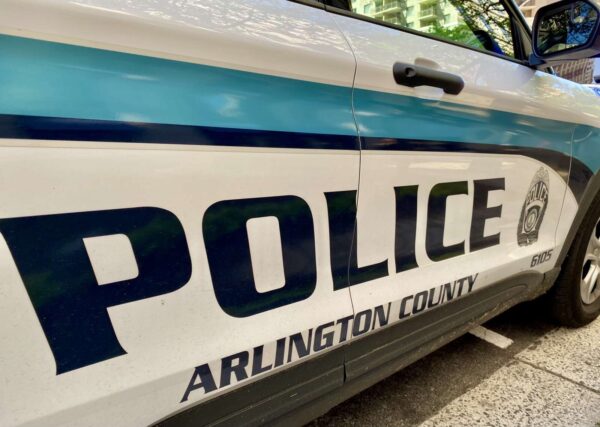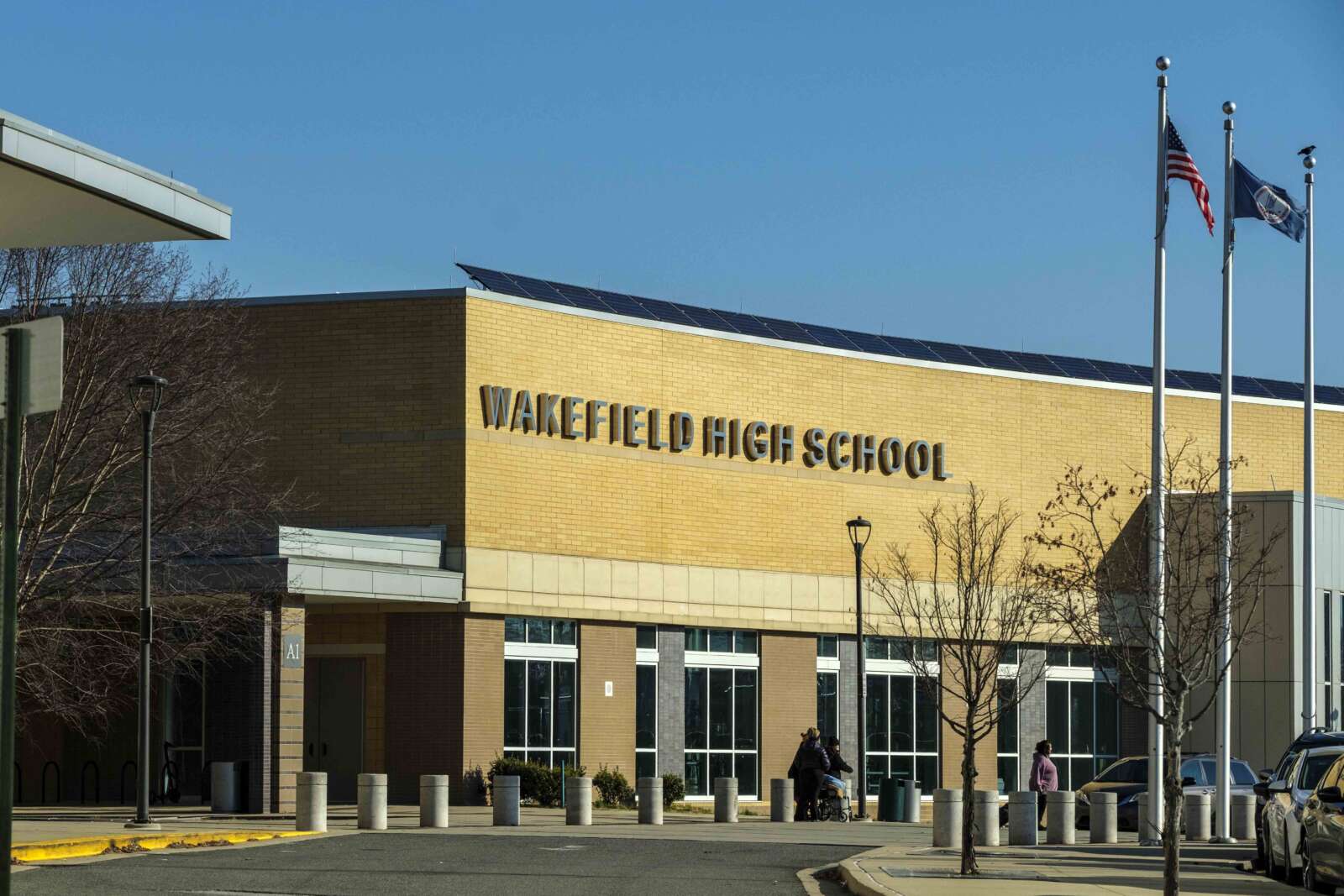
There was another possible overdose at Wakefield High School last week.
Around 1:20 p.m., medics were dispatched to Wakefield for a report of an unconscious person, according to Arlington County Fire Department spokesman Capt. Nate Hiner.
“The patient was transported to Virginia Hospital Center in stable condition,” he said.
Police were then dispatched around 2:15 p.m. to VHC Health, formerly Virginia Hospital Center, for reports of a possible overdose, Arlington County police spokeswoman Ashley Savage said.
“The preliminary investigation indicates a juvenile female was transported from Wakefield High School to the hospital for medical treatment,” she said. “The incident was investigated as an overdose and the juvenile suffered non-life-threatening injuries.”
ACPD did not provide more information, citing Virginia law, which requires law enforcement agencies to ensure juvenile records are not disclosed to unauthorized parties.
Wakefield staff also called ACPD following the medical incident, says school system spokesman Andrew Robinson, noting this is consistent with the memorandum of understanding between Arlington Public Schools and ACPD “when there might be a possibility of a potential overdose in our schools.”
Arlington Public Schools and ACPD began inking an MOU two years ago, after the Arlington School Board voted to remove School Resource Officers from school grounds. The MOU was last updated in September to enumerate the emergency situations that trigger a call to police, including potential overdose incidents. Example emergency situations were not previously included in a previous draft from the spring of 2022.
“The MOU with ACPD is reviewed annually and tweaks are often made to further enhance and strengthen the partnership with APS,” Robinson said.
As for how the incident was communicated to the Wakefield community, Robinson said families received the following message from APS on Thursday afternoon.
This message is to inform you that emergency personnel responded to Wakefield High School briefly today to assist with a medical incident involving a student. The family of the student has been notified. As some of our students observed the first responders in our building, we wanted to ensure you are aware that the incident was resolved, and everyone is safe.
Robinson says the school system has a standard medical emergency message and APS does not disclose the nature of medical emergencies for student privacy and confidentiality reasons.
Since the fatal overdose of a 14-year-old Wakefield student nearly one year ago, APS has stepped up prevention education and counseling, the Arlington School Board permitted high schoolers to carry Narcan and a private treatment facility resumed admitting teen patients.
Still, underage overdose incidents have persisted, including last fall, when two girls survived overdoses at Wakefield, after which police charged a teen and a 19-year-old man with a battery of charges.
(Separately, police were dispatched to Yorktown High School today for what was initially reported to be an overdose. It was later determined to just be a medical emergency, Savage told ARLnow.)
Last November, Gov. Glenn Youngkin signed Executive Order 28 requiring schools to notify all parents of school-involved overdoses within 24 hours. He directed the Virginia Dept. of Education to develop guidance for schools as they implement any changes to their communications with families.
Within a month, VDOE posted interim best practices interpreting the text of the executive order. VDOE did not respond to ARLnow’s request for more information about how the state will track whether schools follow the executive order.



